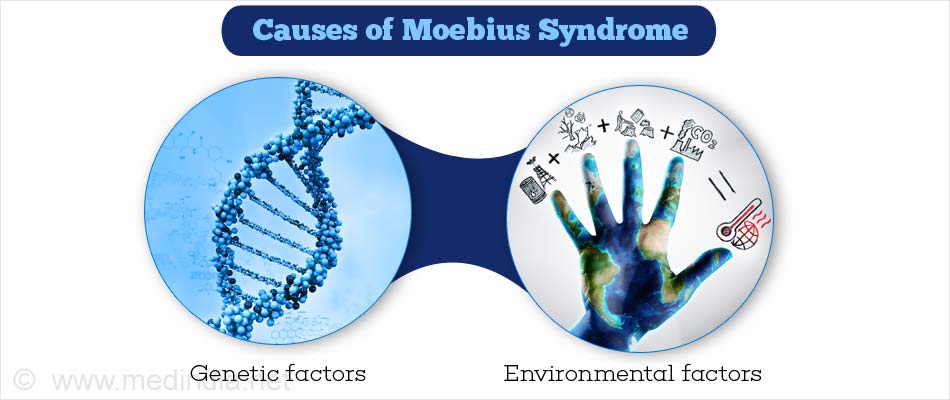Moebius Syndrome Awareness Day (MSAD) was created by the Many Faces of Moebius Foundation in 2011. Every year, MSAD is celebrated on January 24, on Professor Paul Julius Moebius’s birthday, the first man to give a diagnosis of Moebius Syndrome in 1888. Moebius Syndrome Awareness Day helps spread information, resources, and support for caregivers and individuals who have been diagnosed.
What is Moebius Syndrome?
Moebius syndrome is a neurological condition that affects the body’s ability to control the muscles in their face. It develops occurs when the 6th and 7th cranial nerves (the ones responsible for facial movements) does not fully develop or does not develop at all. Moebius syndrome is a congenital disease, meaning it is present at birth. There is not a known cure for Moebius syndrome, but there are treatments and research is ongoing.
What are the symptoms?
There are many common symptoms of Moebius syndrome, which include:
- Facial paralysis
- Eyelids do not completely close
- Dry/irritated eyes
- Smaller chin and mouth
- Cleft palate
- Cross eyed
- Short tongue
- Webbed hands and feet
Some individuals may experience some rare symptoms:
- Motor delays
- Speech delays
- Elevated palate
- Muscle degeneration
What are the treatments?
There is not one specific treatment for Moebius syndrome. Every individual is different and needs treatment that will be most beneficial for them. Some treatments may be:
- Surgery
- Feeding tubes
- Physical therapy
- Speech therapy
- Nerve and muscle transfers
Current Research
Research allows practitioners to have a better understanding of Moebius syndrome and how they can better care for patients.
- Genetic Studies of Strabismus, Congenital Cranial Dysinnervation Disorders & their Associated Anomalies
- Positive Exposure: A photography and Video Intervention for Individuals with Craniofacial Differences
- Study on Moebius Syndrome and Cogenital Facial Weakness Disorders
Are there organizations that help?
- Children’s Craniofacial Association
- Moebius Syndrome Foundation
- National Organization for Rare Disorders
- Genetic Studies of Strabismus, Congenital Cranial Dysinnervation Disorders & their Associated Anomalies
Moebius syndrome may be rare, but there are many resources available for those in need. If anyone needs assistance in getting connected to help, do not hesitate to contact us.
Written by: Ashley Hannon





